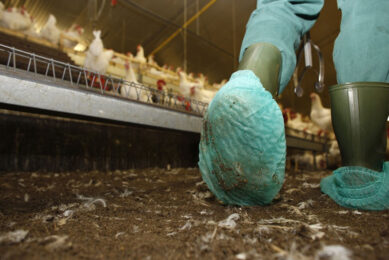Campylobacter research programme launched
A four-year investigation into campylobacter has been launched by food safety officials and researchers in New Zealand, in the hope that the number of human cases of campylobacteriosis may be reduced.
The team will investigate the possibility that New Zealand has its own unique strains of the bacteria, and whether the prevalence of the bacteria in poultry may be linked to other farm livestock, including dairy cows.
The study will also examine how the bacterial load in broiler chickens can be reduced.
“We believe that if we can reduce the numbers of bacteria on poultry meat and reduce the percentage of meat that carries campylobacter, there is a very good chance that the proportion of campylobacteriosis attributable to food will also reduce,” said Food Safety Authority executive director Andrew McKenzie.
Wellington School of Medicine researchers said in July that campylobacter infection rates in NZ had risen steadily for more than two decades and are now more than three times higher than that reported in Australia and 30 times higher than the United States.
The food safety programme from 2006 to 2009 will also include major campaigns to improve hygiene practices in both hand washing and food preparation.













